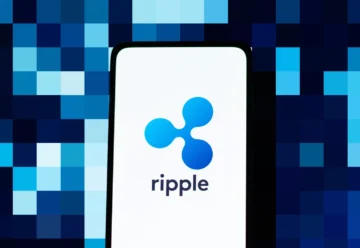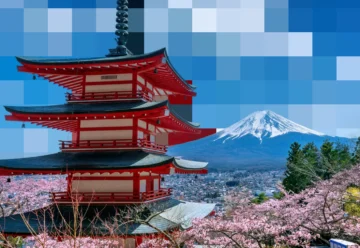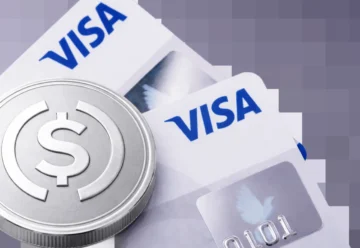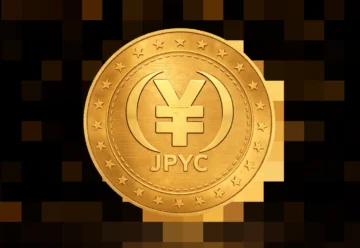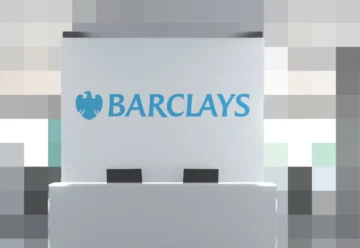Blockchain Helps Sell 50-Year-Old Whisky Collection

The Glenlivet distillery is selling an exclusive collection of aged Scotch whisky through a special blockchain platform. Each bottle of the drink will come with an NFT certificate of authenticity.
Scottish whisky producer The Glenlivet announced its intention to sell 12 unique bottles of the 50-year-old drink via the blockchain platform The Whisky Exchange Cabinet. Each bottle will carry an NFT certificate of authenticity.
The drink has been matured at the Speyside distillery in Scotland since 1974. In the summer of 2024, it’ll be bottled to honor The Glenlivet’s 200th anniversary. A unique label was created for each bottle, symbolizing one of the 12 essential elements of whisky production. The company used a neural network to design them.
On February 21, the drink will be available for purchase via The Whisky Exchange Cabinet, a marketplace that uses NFTs and blockchain to create digital certificates providing traceability to the origins of rare spirits. The bottle will be priced at €40,000 plus VAT. Each buyer will receive an NFT certificate, entitling its owner to pick up their whisky after bottling and sample the distillery’s other drinks.
According to Kevin Balmforth, Cask Expert at The Glenlivet, blockchain technology enables authentication and ownership for each bottle of whisky. He also mentioned that the company plans to use innovative approaches to sell luxury drinks while preserving traditional production methods.
It’s worth noting that NFTs in this case are used solely to confirm the origin and ownership of the drink. It won’t be possible to resell the non-fungible token on third-party platforms other than The Whisky Exchange Cabinet. Nicolas Oudinot, CEO of The Whisky Exchange, says that blockchain is designed to ensure the safety of rare beverage sales, not to create conditions for speculation.
Blockchain is actively used in various industries beyond finance. In particular, DLT systems allow the preservation of classic video games and cultural heritage, verification of the origin of ancient artifacts, authentication of citizens, and confirmation of scientific research and space achievements.


